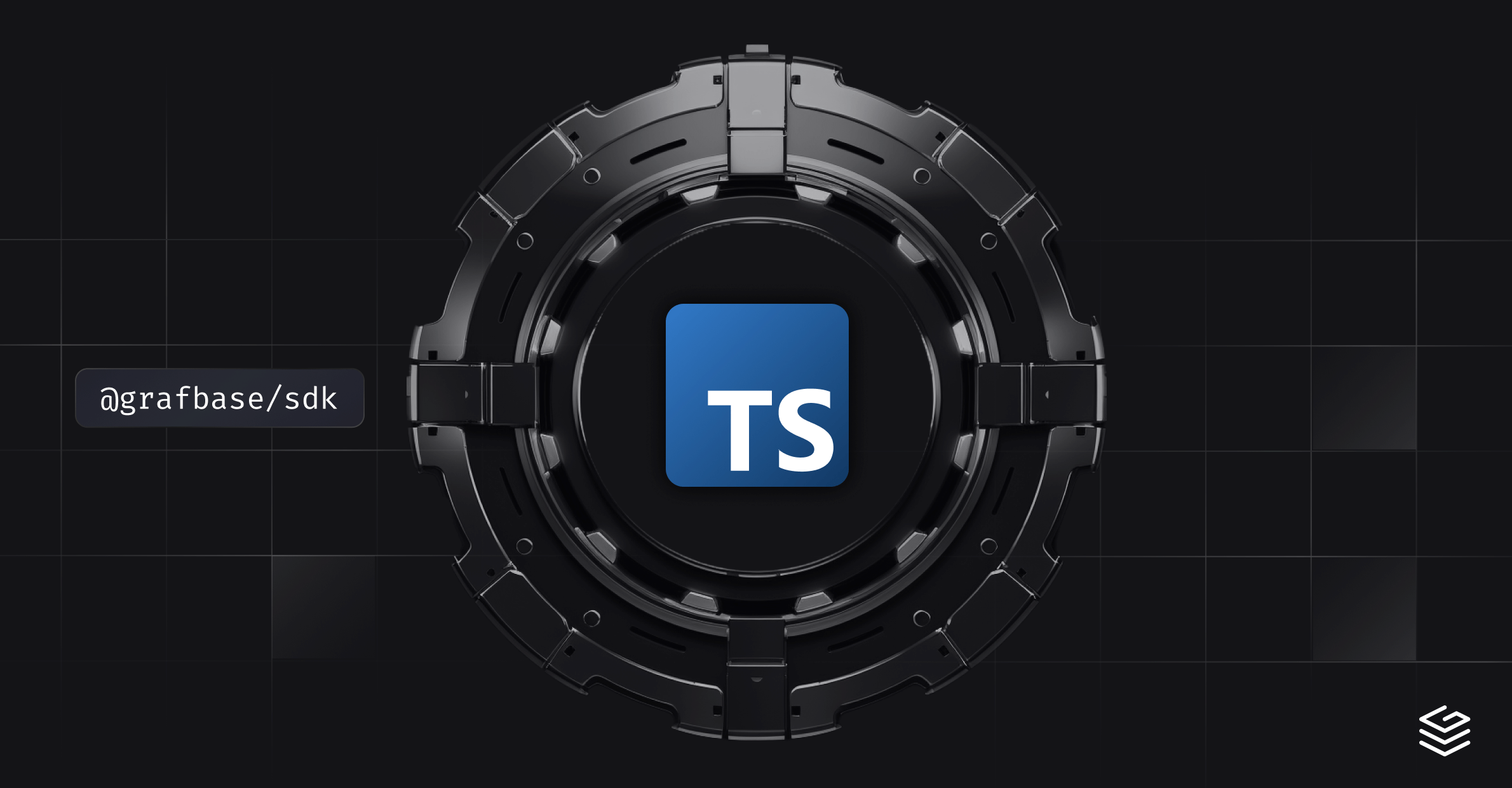Have you considered other distros? I’ve had lots of success with the immutable fedora variants, which offer great stability and NVIDIA drivers in the base system. If you need apt, you create a new Debian container in the box buddy and make that container be your default when opening a terminal.
Gnome variant: https://projectbluefin.io/
KDE variant: https://getaurora.dev/
Gaming variant: https://bazzite.gg/
They are all the same distro with different desktop setup and default apps. You can install one of them and seamlessly switch to another one without losing any data.











I really try to move to Jellyfin, but there’s always some papercuts that block me. Tried it last weekend again, and:
I also tried Navidrome for music. Weirdly it had hiccups playing some files, and DSF was again a problem.
I really want to get out from Plex, but I use Plexamp so much and it handles my huge music library really well it’s hard to switch :(